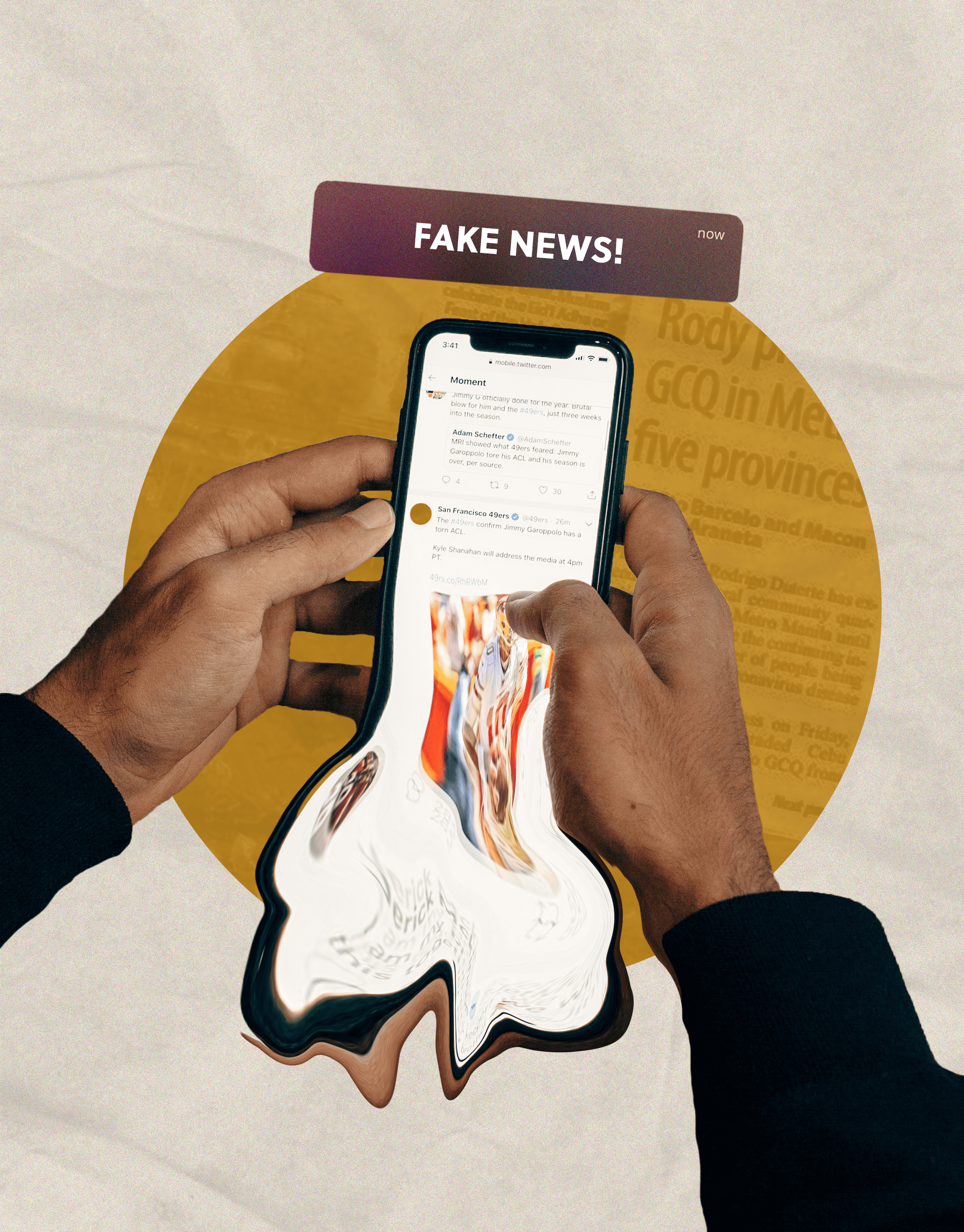Fake news continuously rises amid the pandemic. Social media posts, if not most, were not backed with actual science. In an age where fact-checking is as vital as health protocols, journalists and companies find ways to fend the Philippine digital community from fake news.
Former CNN Beijing correspondent Jaime FlorCruz explained, in a forum of The Manila Times, that misinformation is rampant today because “there’s a lack of rigorous fact-checking, especially on social media, and there’s an utter lack of critical thinking.” In short, people favor the convenience of one-click, one-share away.
Self-correcting is a choice
People often regard public officials as credible sources of information. However, this pandemic has proven otherwise. Take Cebu Governor Gwendolyn Garcia as an example. In her Facebook live, she mentioned that tuob or steam inhalation is the cure for COVID-19. According to Facebook’s fact-checking tool, Claim Check, posts about tuob as a cure for COVID-19 have been shared around 290 times and include photos of people doing the practice.
In the National Campus Press Olympiad press conference, Mr. Joey Dela Cruz, posed a question: “How can you move forward and participate in nation-building if you yourselves are not capable of knowing what is true?”
Fact-checking from reliable news sources, and looking out for biased headlines and outdated information should be a priority. Communication technology company Verizon published a step-by-step process on how to fact-check.
Paid individuals called “trolls” lurk around social media. According to Hootsuite, they are “people who deliberately provoke others online by saying inflammatory and offensive things.” In The Washington Post, a troll shared that he earns around $38,000 to $57,000, “depending on their [clients] needs.” He says his target clients are politicians since they are usually the subject of criticisms.
Facebook rights its wrongs by launching a digital literacy program, with a local office in Manila, and deleting accounts related to “troll farms.” Other social media platforms, Twitter and Instagram, condone the spread of fake news by making sure their applications have fact-checking features.
The pervasiveness of false information can always find its way. Fortunately, we still have a choice to discern the truth as we are backed by the battalions of truth-seekers and critical thinkers.
Ringing battle cry
While armies of trolls lurking in social media think they are winning in this informational warfare, journalists are at the front lines of this battle.
Unbiased journalism strikes down lies brought by trolls. Take Maria Ressa for example, Rappler CEO, who has been targeted by malicious comments and charged for cyber libel. Her team claims it to be politically motivated due to their provocative articles targeting the Duterte administration.
Journalists are the eyes and ears of society; without them, society would lack social awareness. In this battle against misinformation, being well-informed and educated are one’s primary weapons. As Francis Bacon, an English philosopher and statesman, quotes, “Knowledge is power.”
The Philippine government is also trying to find a solution for the spread of misinformation. Senator Grace Poe led a senate hearing on misinformation last year and described the problem that has “plagued” society. Likewise, the Department of Education showed efforts in combating misinformation by implementing a media literacy subject in senior high school.
Once this informational warfare comes to an end, its spoils of war will be beneficial to the nation. Informed citizens are what scares off politicians with hidden agendas, selfish businessmen, and those with other ill-driven motives.
Being well-informed is being well-armed in a battle. In this sense, exercising one’s inherent power can be seen through the casting of votes in May 2022. Trolls will flood the internet and try to persuade you, but when you have mastered the art of discerning what is true from what is not, you are helping the country emerge victorious in a war.

